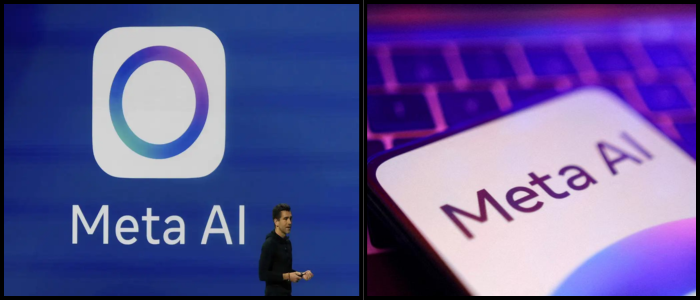Jassy emphasized that as AI delivers “efficiency gains,” Amazon anticipates the firm will have fewer employees in total. “We will have less people being doing some of the jobs even though some of these jobs being done will still be done, and we’ll have more people doing some other kind of jobs.” The implications for the long term are still not clear, but they will likely become clear in the next few days, he says.
The rise of AI in tech and jobs in flux
Amazon is one of many tech companies spending a fortune on AI, reforming the field in the process. From generating text and images to writing code with little input, AI-powered tools are improving—and causing anxiety over potential job losses, particularly among entry-level white-collar workers.
AI firm Anthropic’s director, Dario Amodei, has said that AI could render half of them obsolete. Geoffrey Hinton, a pioneer in AI research, has also raised the issue of future human unemployment and whether enough new types of jobs can be created to offset those that will be lost. “If routine-based cognition can be accomplished by artificial intelligence, what are the rest of us meant to do?” he added, suggesting that if A.I. can do everything routine that we do, then it may be hard to find roles that machines cannot automate.
The company had more than 1.5 million workers around the world at the end of last year and is the second-largest American employer after Walmart. Though the bulk of those jobs are in the sortation centers, roughly 350,000 people do corporate office work.
Amazon’s use of AI is growing quickly.
AI is already in use in nearly every part of Amazon’s businesses, Jassy said. AI agents would eventually take care of the everyday things, from shopping to other mundane responsibilities.” “Many of these agents are not even in place yet, and, if it were up to the Democrats, they would never be in place unless they wanted them there,” he wrote.
Those who accept this change, he said, will be more competitive for future roles at the company. Today, Amazon sellers are using AI tools to write product descriptions and there are approximately half a million such sellers, while advertisers are also folding AI into their campaigns.
What Jassy’s letter makes clear is that AI is not simply a fad — it’s a fundamental aspect of Amazon’s future, and in order to remain relevant in the constantly shifting tech world, it’s something that we’ll have to make some room for.
Tech

Amazon CEO: AI Will Reduce Corporate Jobs in the Future

Amazon’s new CEO Andy Jassy has told staff that the company will use artificial intelligence (AI) to overhaul its entire corporate workforce over the next few years. In a memo to employees distributed on Monday, he urged them to remain curious and open to learning about how machine learning can empower their activities, while also acknowledging that this technological shift will result in a shift in job descriptions throughout the company.















